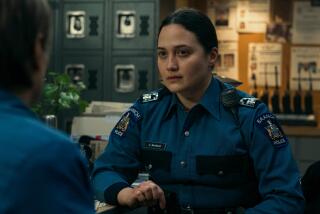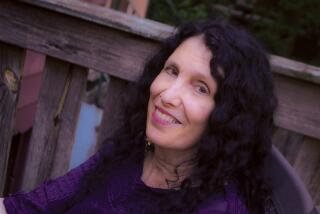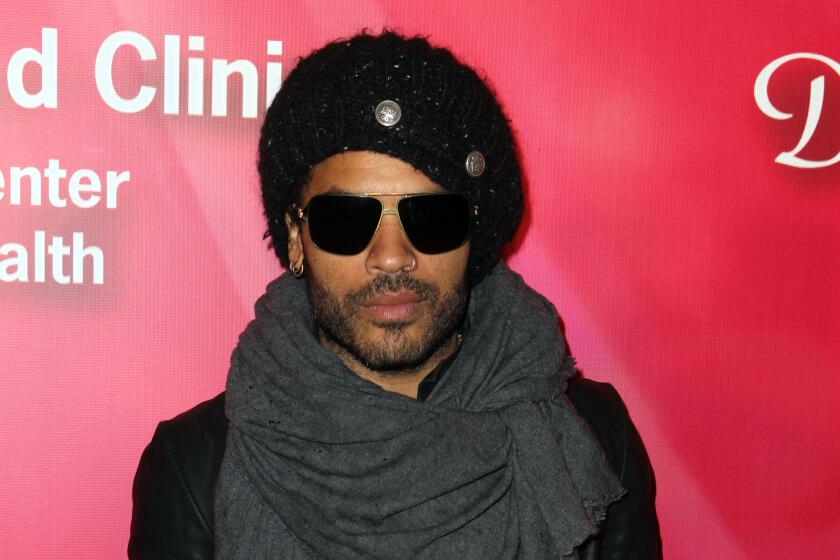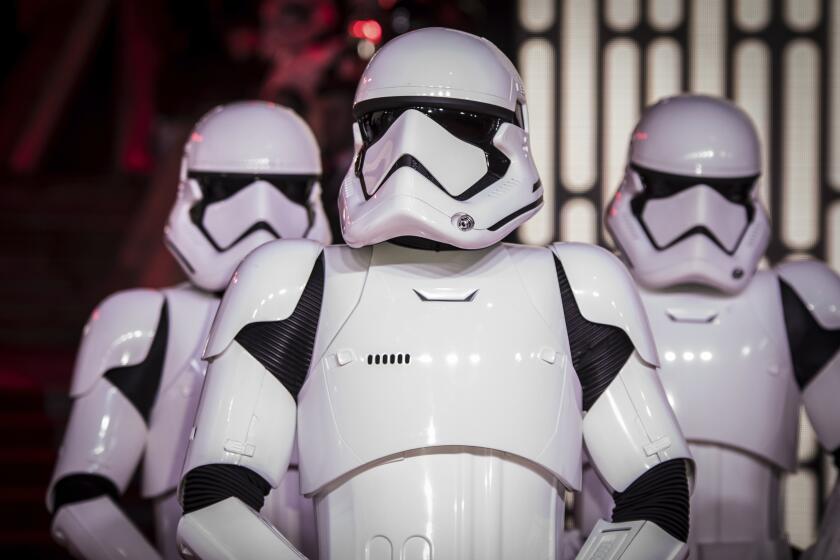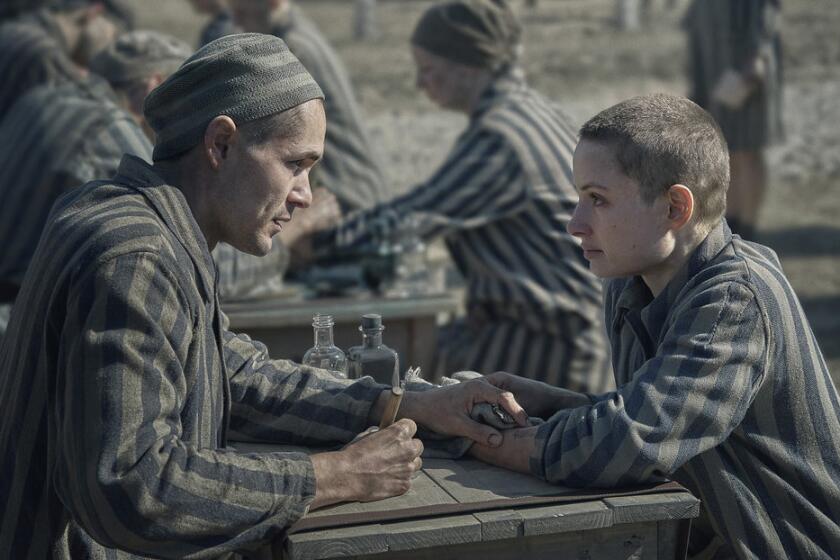‘The Trials of Kate Hope’ by Wick Downing
The Trials
of Kate Hope
A Novel
Wick Downing
Houghton Mifflin: 336 pp., $16
What Nancy Drew was for aspiring girl detectives, Kate Hope may become for middle-school attorneys at law. The title character of Wick Downing’s middle reader novel “The Trials of Kate Hope” -- set largely in 1973, a fine year for feminine empowerment -- young Kate works with her blind grandfather, a Denver lawyer, helping him with his law cases among the poor and disenfranchised.
Kate’s father, also a lawyer, was killed in an auto accident when she was small. Now her grandfather, known as the Judge, is failing and needs her help with his law practice. In fact, they need each other, and Downing portrays their relationship with a light, deft touch.
Under the grandfather’s tutelage, Kate “reads law” -- that is, studies the law independently of law school, an early American practice that continues in many states. As a consequence, she is able to pass the Colorado State Bar, becoming at 14 the youngest licensed attorney in the state.
Downing’s novel kicks into high gear as Kate goes to trial with her grandfather and begins to learn the court-craft that, even more than case study, makes for a good trial lawyer.
First, they defend a legal immigrant facing deportation for an alleged theft. Then they undertake the case that forms the heart of the book, the threatened “execution” of an elderly woman’s only friend, a dog named Herman, accused of attacking an infant in a city park. The situation is made more perilous when Kate’s grandfather is hospitalized, leaving her to try the case alone, aided only by a friend, Mike, as her youthful investigator.
“The Trials of Kate Hope” is Downing’s third novel for young readers. A Denver-based trial lawyer and ex-district attorney, he is also the author of a well-respected series of legal procedurals including “The Water Cure” and “A Clear Case of Murder.”
Here, he gives an inside view of how an attorney approaches a case, respecting his readers’ intelligence while also keeping the story simple enough to maintain interest. The edge-of-the-seat suspense in the courtroom scenes is deepened by our identification with Kate and Mike as they track down witnesses and weather the intimidation of those who wish to cover up what really happened that day in the park.
The “romance” that unfolds between Mike and Kate may seem modest, but it refreshingly portrays a real middle-school boy/girl “friendship-with-overtones,” complete with all the awkward moments.
Yet the most compelling and oddly radical aspect of this novel may be the striking antithesis it offers to the current trend toward dark fantasy, as exemplified by Stephenie Meyer’s “Twilight” series. While such fantasies are intriguing, their popularity is also troubling, suggesting that today’s young women feel powerless in their exterior lives and have little faith in their ability to create interesting futures for themselves.
“The Trials of Kate Hope” portrays a girl possessing power in the actual world, trusting her own mind and conscience and sense of justice, and working toward a purposeful outcome. The book reinforces a girl’s sense of capacity and willingness to test herself.
I’m keeping my fingers crossed that “The Trials of Kate Hope” will be the beginning of a long-lived series.
Fitch is the author of “White Oleander” and “Paint It Black” and a young adult novel, “Kicks.” She teaches in the master of professional writing program at USC.
More to Read
The biggest entertainment stories
Get our big stories about Hollywood, film, television, music, arts, culture and more right in your inbox as soon as they publish.
You may occasionally receive promotional content from the Los Angeles Times.
